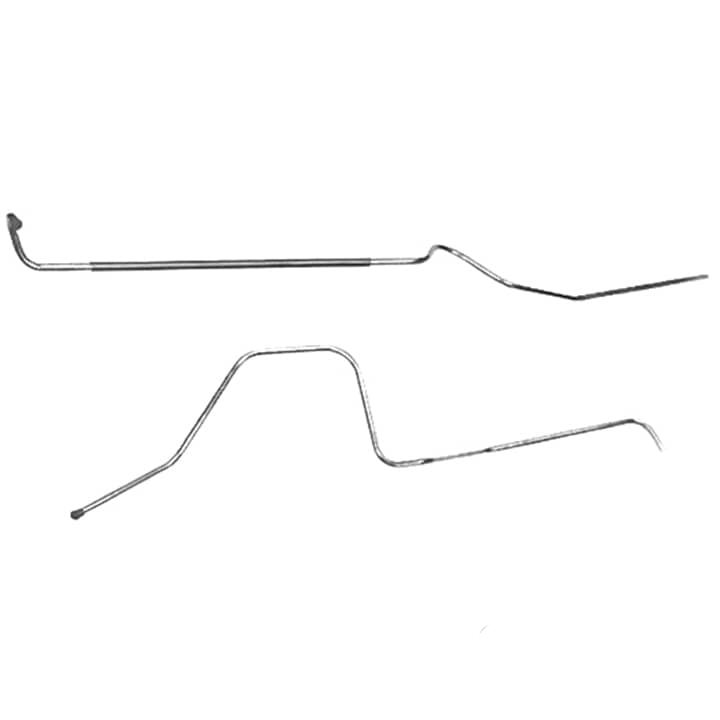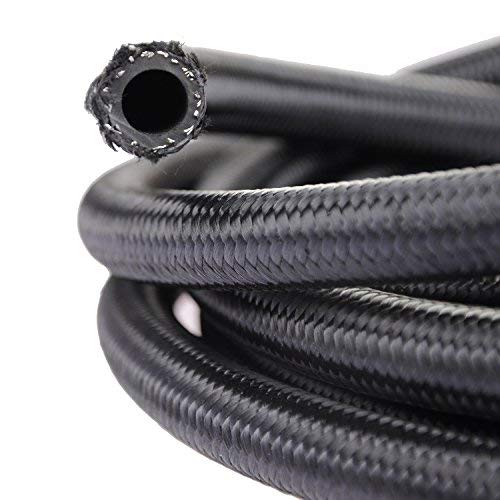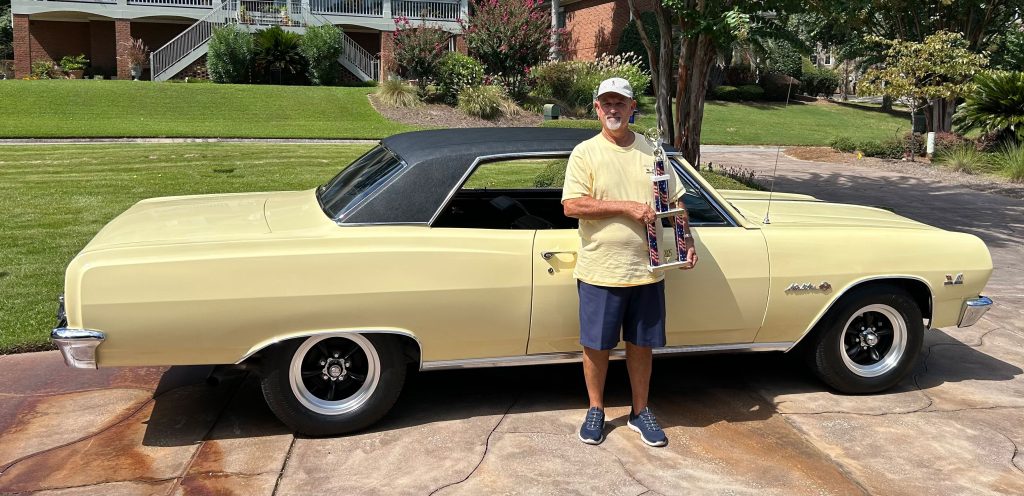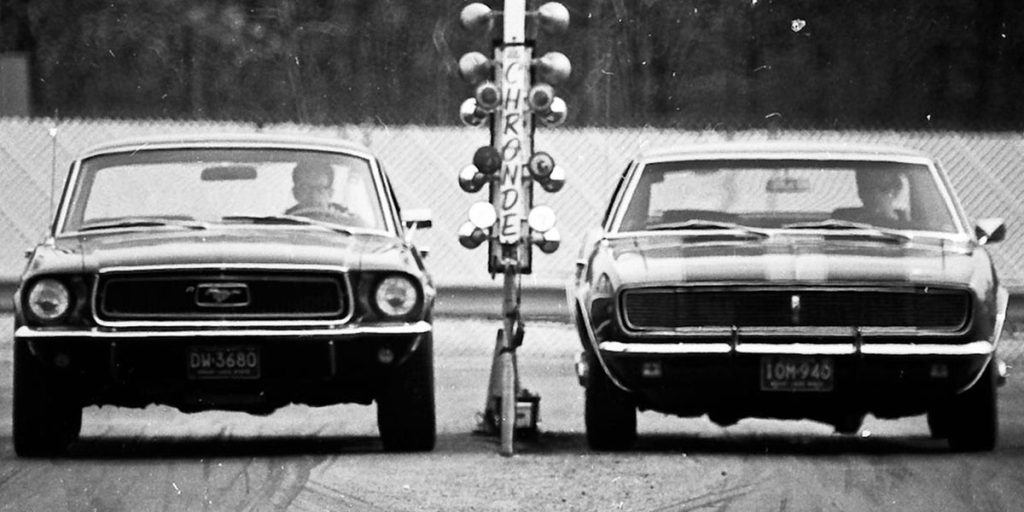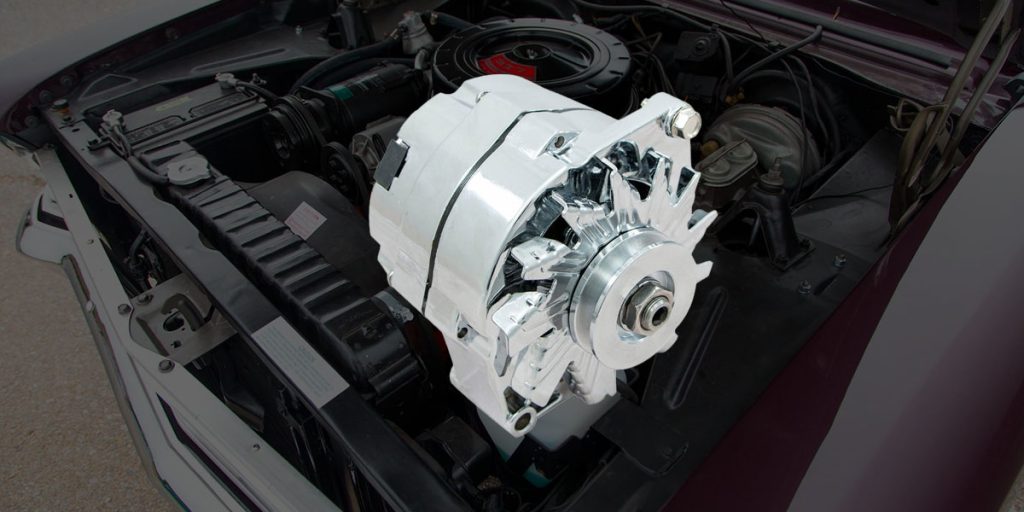Fuel Lines 101
Our big V8 engines love to use up some fossil fuel. Getting that fire juice from the tank to the engine needs to be done efficiently and most importantly, safely. The last thing we want is for our priceless classics to go up in flames.
Leaving the factory most of our classics had a steel hard line running from front to rear with rubber hose connections. This is still a great method in low horsepower and low-pressure situations. However, there have been improvements in hose technology. If you’re running EFI, then an upgrade to the fuel lines is definitely required. The most popular styles of lines used are metal, rubber, braided, and PTFE lined.
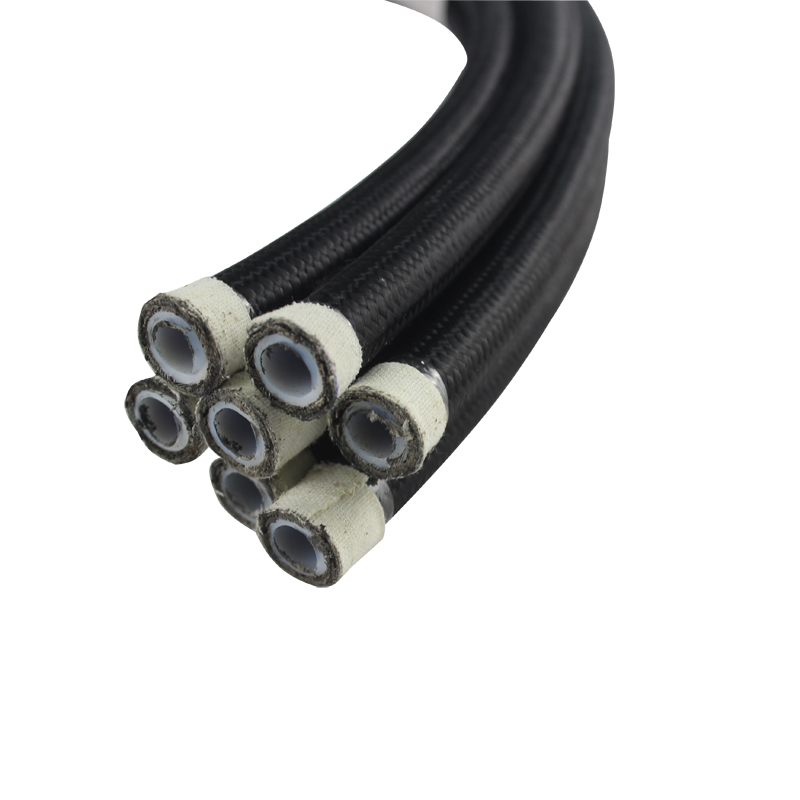
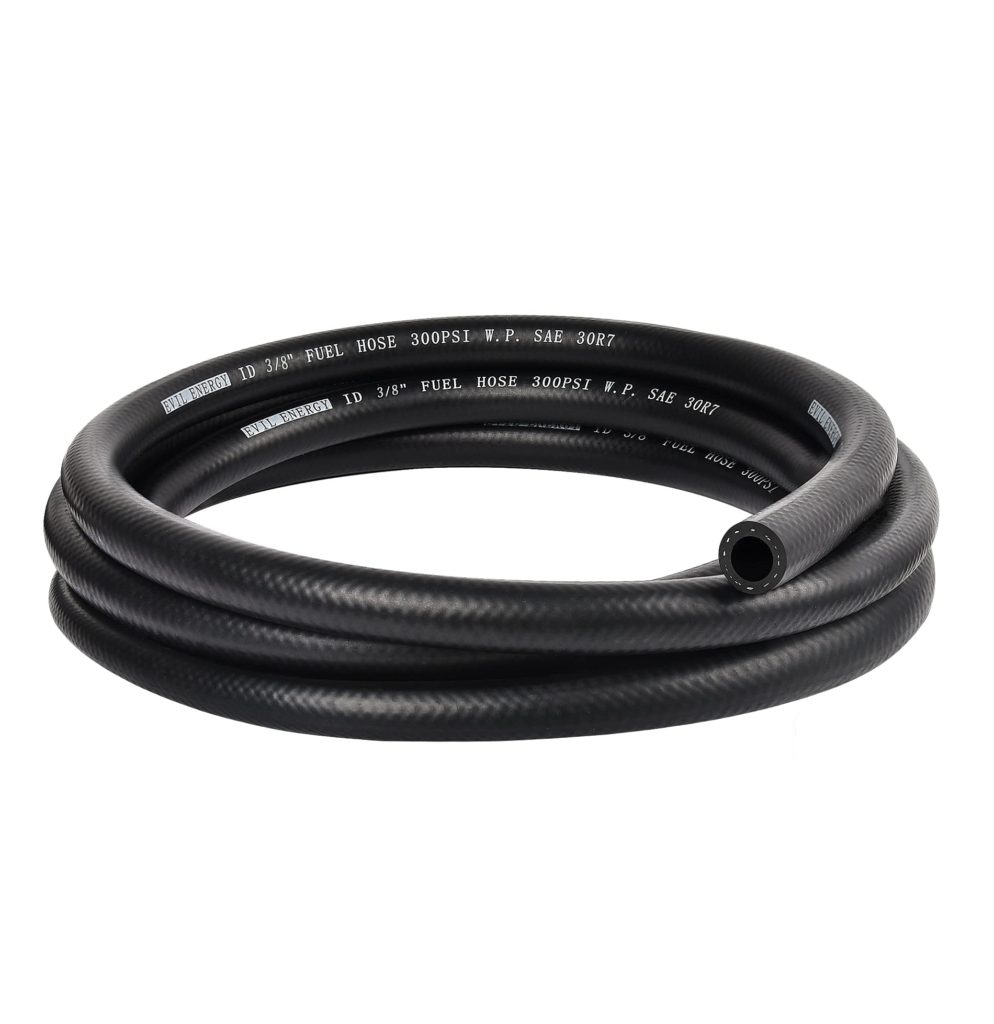
There are several differences between metal, rubber, braided, and PTFE-lined fuel lines:
Material: Metal fuel lines are made from materials such as steel or aluminum, while rubber fuel lines are made from rubber or other elastomeric materials. Braided fuel lines are typically made from a metal or synthetic fiber braid that is wrapped around a rubber or other elastomeric core. PTFE-lined fuel lines have an inner layer of PTFE (polytetrafluoroethylene), a synthetic fluoropolymer, which is coated with a layer of braided stainless steel or other metal.
Durability: Metal fuel lines are generally more durable than rubber or braided fuel lines, as they are resistant to wear and tear and are not prone to cracking or deterioration. Rubber fuel lines can become hard and brittle over time, while braided fuel lines can be prone to leaks if the braid becomes damaged. PTFE-lined fuel lines are generally very durable and are resistant to wear, heat, and chemical damage.
Flexibility: Rubber fuel lines are generally more flexible than metal or braided fuel lines, which can make them easier to install in tight or hard-to-reach spaces. Braided fuel lines are typically more flexible than metal lines, but are not as flexible as rubber lines. PTFE-lined fuel lines are generally very flexible, but the outer braid may not be as flexible as rubber or braided lines.
Compatibility: Metal fuel lines are generally compatible with all types of fuel, while rubber fuel lines may not be suitable for use with certain fuels or chemicals. Braided fuel lines are typically compatible with a wide range of fuels, but may not be suitable for use with certain chemicals. PTFE-lined fuel lines are generally compatible with a wide range of fuels and chemicals, but may not be suitable for use with certain fuels or solvents.
Cost: Metal fuel lines are generally more expensive than rubber or braided fuel lines, while rubber fuel lines are typically less expensive than braided fuel lines. PTFE-lined fuel lines are typically more expensive than other types of fuel lines.
Which style line you should use really depends on the application. Metal lines are generally always great, but you need a proper connection from the metal line to the fuel tank and engine. Braided lines are generally an upgrade as they flex and utilize AN fittings which are a superior connection to a traditional hose clamp.
If you’re running a basically stock carbureted engine in your car, most likely a basic 5/16″ or maybe 3/8″ metal fuel line will do. However, if you’re running a twin-turbo LS, you’ll want a larger -8 or even -10 hose to supply all that fuel. You can create that larger hose out of metal, but it’s harder to bend and route than a traditional braided hose.
Still have questions or need to order up fuel lines for your ride? Hop on SS396.com or give our friendly techs a call at (203) 235-1200

